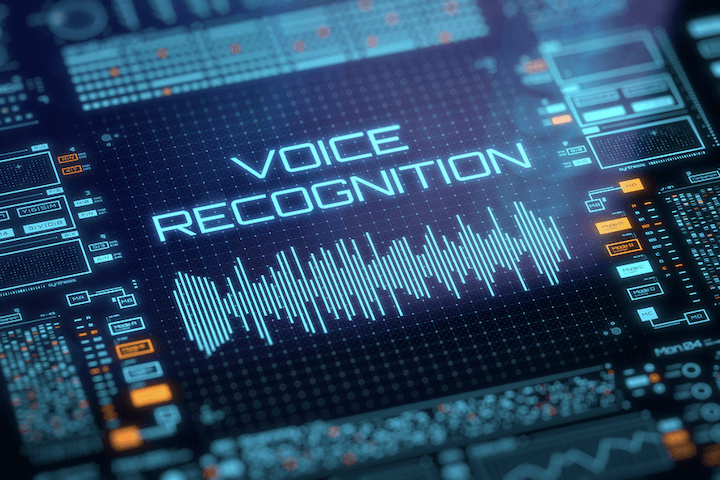Employee surveys have dominated employee listening for so long now that we have almost learned to overlook how unsatisfactory they really are.
If you’ve run into questions such as “On a scale of 1 to 5, do you feel that your contributions are appreciated?” where the real answer is a complex “It depends” then you know what I mean.
AI tools, however, offer the opportunity to finally change the way we do employee listening.
Let’s examine what they might do:
AI superpower 1: Access to far more employee listening data
AI can potentially review emails, instant messaging, and even recordings of phone calls and meetings. Privacy issues aside for the moment, AI employee listening tools could gain insight from a vastly better dataset than we get from surveys.
AI superpower 2: Real-time analysis
The superpower of AI listening is that it can take huge streams of text and rapidly make sense of them. This means you can get insights on sentiment or issues in real-time. If there is a problem managers can act as it emerges – not months or years later.
AI superpower 3: Follow-up questions
AI is smart enough to ask relevant follow-up questions. If the employee listening AI asks an employee “Do you have the tools you need?” and the person says “No,” it can dig more deeply into what tools are missing and why.
Possible problems
Of course, nothing new comes along in HR without generating its own set of problems.
If we develop excellent AI-based employee listening tools, we may run into the following problems:
- Too much data: An AI tool assessing employee moods and issues by reading Slack and email messages can easily generate more insights than a manager can handle. If managers already struggle with reviewing annual employee survey results, how will they handle detailed real-time analysis from an AI tool?
- Too high expectations: Large Language Models, which would be the key technology for employee listening, are smart but not that The insights they draw may be wrong. What if our AI listening tool too often provides “insights” that turn out to be wrong?
- Too much surveillance: Employees may not like having an AI reading over everything they write or say, even when those utterances are public. Overly enthusiastic employee listening might degrade the employee experience rather than enhance it.
The key solution
More than anything else, employee listening programs (AI or otherwise), will be most effective if they are developed with a clear idea of why the data is being collected and how it will be acted upon.
For example, AI-based employee listening tools could be used to:
- Detect impending burnout: So the affected employee’s workload can be reduced
- Identify teams running into difficulties: So that the manager can step in to resolve the problems before they get worse.
- Improve lack of alignment between groups: So leaders can correct the specific lack of alignment and possibly introduce new mechanisms to maintain better alignment going forward.
In fact, almost any issue you are concerned about could potentially be monitored by a sufficiently advanced AI tool – if it’s given access to the right data.
Conclusion
Let’s imagine that instead of employee surveys, you were given a huge team of psychologists who could go around the organization listening to employees and reporting back any significant findings.
In a sense, AI can do just that.
Perhaps we will one day look back on the employee listening techniques we have now and shake our heads in wonderment at how little value they provided.
The whole world of employee listening may evolve into something quite different, not concerned that the average satisfaction of a group of 100 people had gone from 3.2 to 3.4, but instead picking up on very specific problems with small groups or even individuals and helping to address them.
That new world of employee listening is almost upon us.
